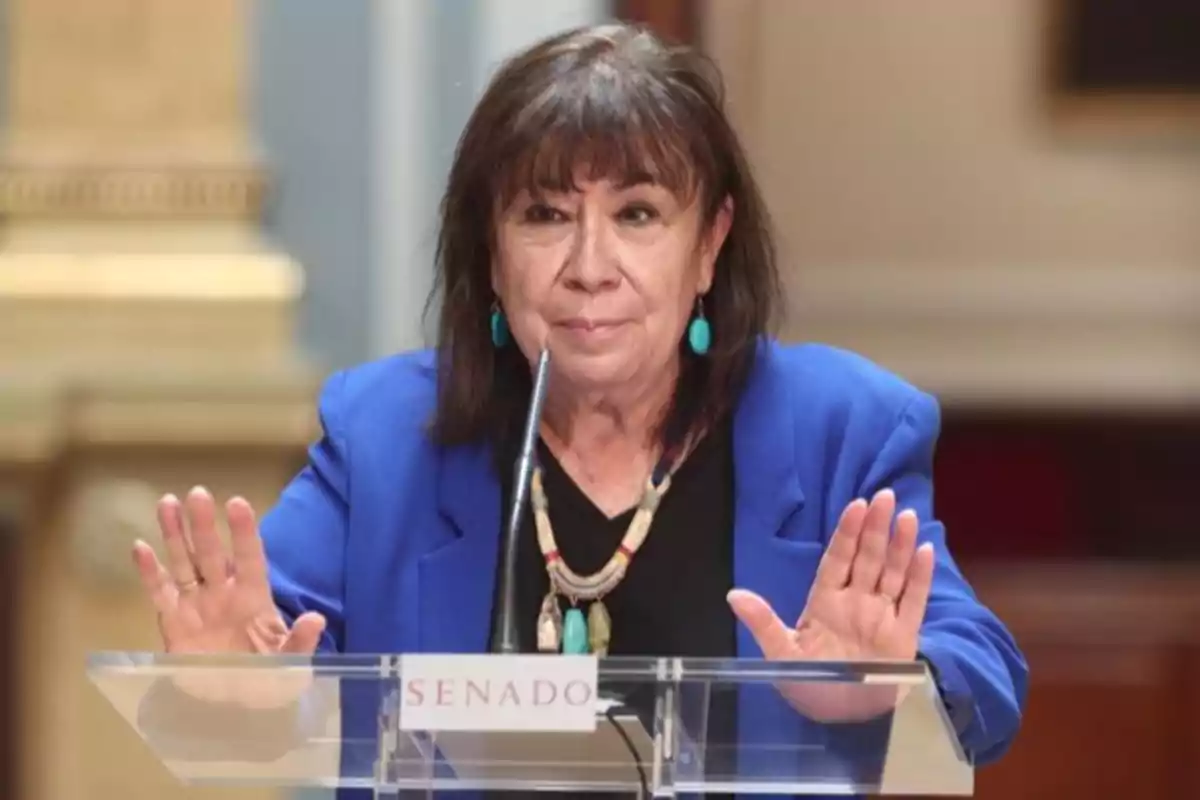
This is Cristina Narbona: the socialist who takes over Ferraz's leadership after Cerdán's fall
Former Minister of the Environment and current President of PSOE, she coordinates the transition after the 'rupture' in the socialist leadership
Santos Cerdán's resignation has triggered a transitional phase in PSOE's internal structure. To prevent a paralysis in the Organization Secretariat, the party's federal leadership will distribute his duties among four members of the Executive Committee. A collegiate team will act until the Federal Committee on July 5. Among them is Cristina Narbona, current president of PSOE, who, together with Ana María Fuentes, Montse Mínguez, and Borja Cabezón, will keep the party's organizational coordination functioning.
The adopted formula doesn't imply a definitive replacement, but rather a provisional management while awaiting broader decisions regarding the Executive Committee's structure. PSOE's break with Cerdán, linked to the Koldo case regarding alleged kickbacks in public contracts, has forced the party to take immediate measures.
In this stage of organizational interim, Cristina Narbona's participation in the team isn't only due to her position as party president. It also raises questions about her positioning within the future structure that will emerge from the Federal Committee on July 5. Formally, her role is representative. However, her direct involvement in internal management suggests a tactical move that could expand her sphere of influence. This comes at a time when the leadership needs to regain authority after Santos Cerdán's departure.
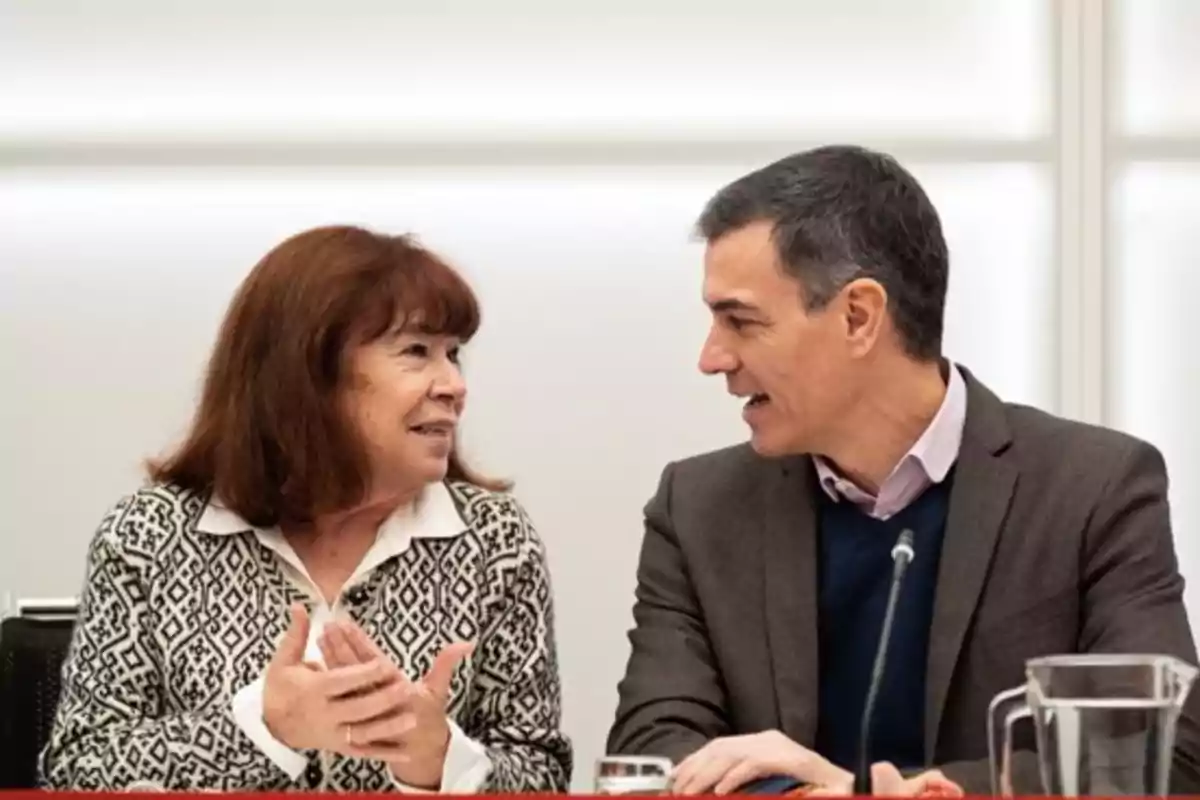
Narbona's appointment as part of this provisional core reveals the current leadership's intention to shield itself with like-minded and predictable profiles. It remains to be seen whether Narbona will limit herself to a transitional role or seek to consolidate her influence in strategic decision-making.
Cristina Narbona was born in Madrid in 1951, although she spent much of her youth in Rome, a city her family moved to when her father, Francisco Narbona, was appointed correspondent for Radio Nacional de España. Her mother, Francisca Ruiz, also worked in journalism. In the Italian capital, she studied Economics at LUISS University, where she completed her education and earned a doctorate.
Upon returning to Spain, she began her professional career in academia. Between 1975 and 1982, she was a professor of International Economics at the University of Seville. Her connection with Andalusia was consolidated during that period, and in 1982, she joined the government team of the Junta de Andalucía, newly established after the first regional elections.
Narbona's First Steps
That same year, she was appointed Deputy Minister of Economy in the Andalusian Government. From then on, her career developed mainly in the field of public administration. During Felipe González's governments, she held several positions: she was general director of Banco Hipotecario, general director of Housing in the Ministry of Public Works, and Secretary of State for Environment and Housing between 1993 and 1996.
Although she was ideologically linked to PSOE from the early years of democracy, she didn't formally join the party until 1993, when she already held significant positions in the central administration.
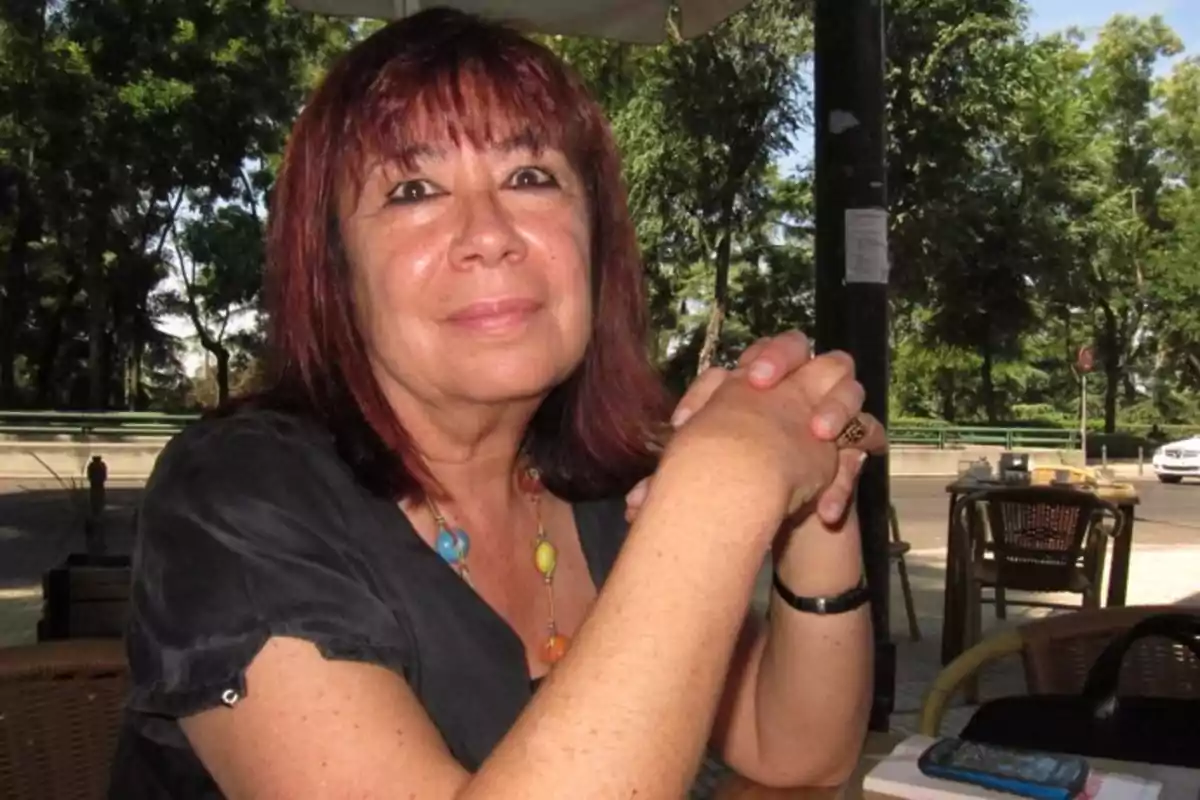
In the 1996 general elections, Narbona won a seat in the Congress of Deputies for the province of Almería. This came at a time when PSOE moved into opposition after the People's Party's victory. In 1999, she was elected councilor of Madrid City Council, a position she held until 2003.
That same year, José Luis Rodríguez Zapatero brought her into PSOE's Federal Executive Committee after being elected secretary general. With PSOE's victory in the 2004 general elections, she was appointed Minister of Environment in Zapatero's first government.
Her Tenure as Minister and Subsequent Responsibilities
As Minister, Narbona was responsible for water management, energy policy, and the implementation of international environmental commitments. During her term, the planned Ebro water transfer by the previous government was halted, and the construction of desalination plants was promoted. Measures were also taken to comply with the Kyoto Protocol.
In 2007, after Rafael Simancas's resignation, she temporarily took over the leadership of Madrid's PSOE as president of the management committee. A year later, after a government reshuffle, she was replaced as minister and appointed ambassador to the OECD in Paris.
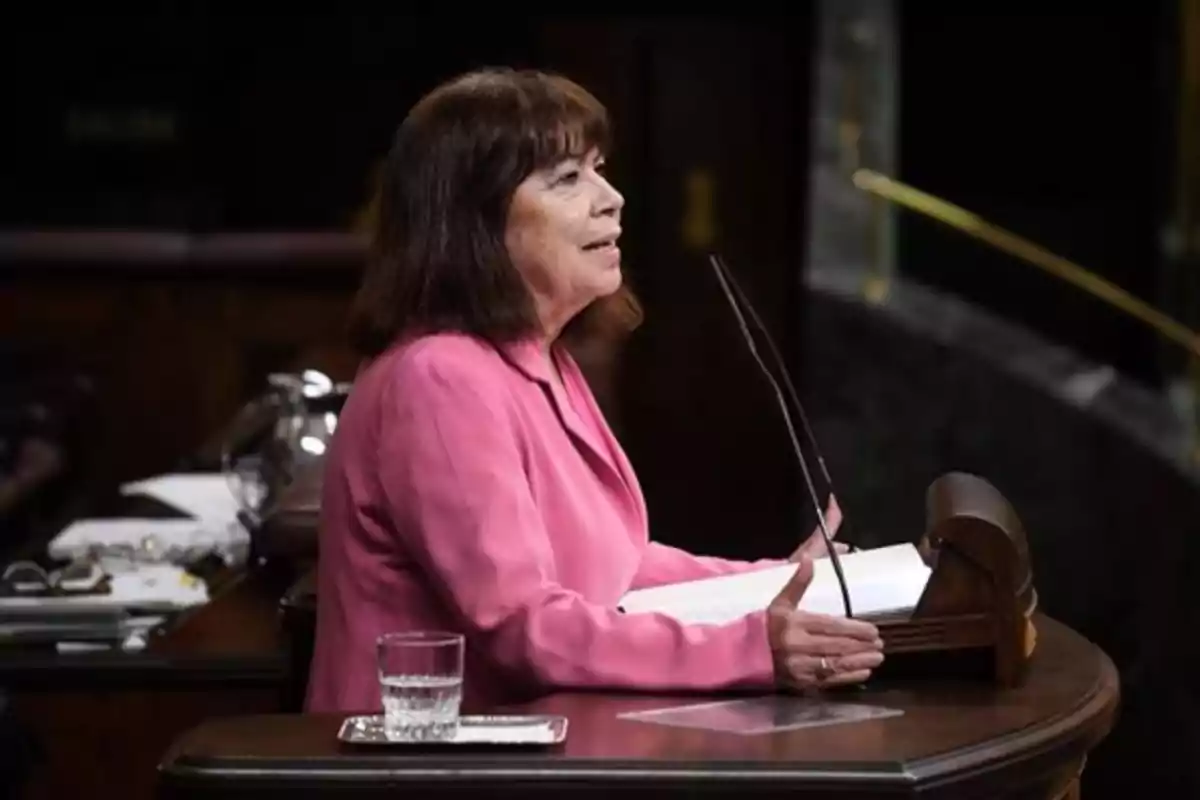
In 2011, she returned to Congress, this time as a deputy for Madrid. In 2012, she was appointed counselor to the Nuclear Safety Council, a position she held until 2017.
PSOE's Presidency
At PSOE's 39th Congress, held in June 2017, Narbona was elected party president after President Pedro Sánchez's victory in the primaries against Susana Díaz. PSOE's presidency is an institutional position that isn't part of the operational executive core. However, it involves participation in the party's main bodies and representation at public and organizational events.
She was re-elected to the position during the 40th Congress, held in 2021. Throughout these years, she has kept an active presence in the party's organizational life, although she has remained distant from tactical debates or the day-to-day affairs of the government.
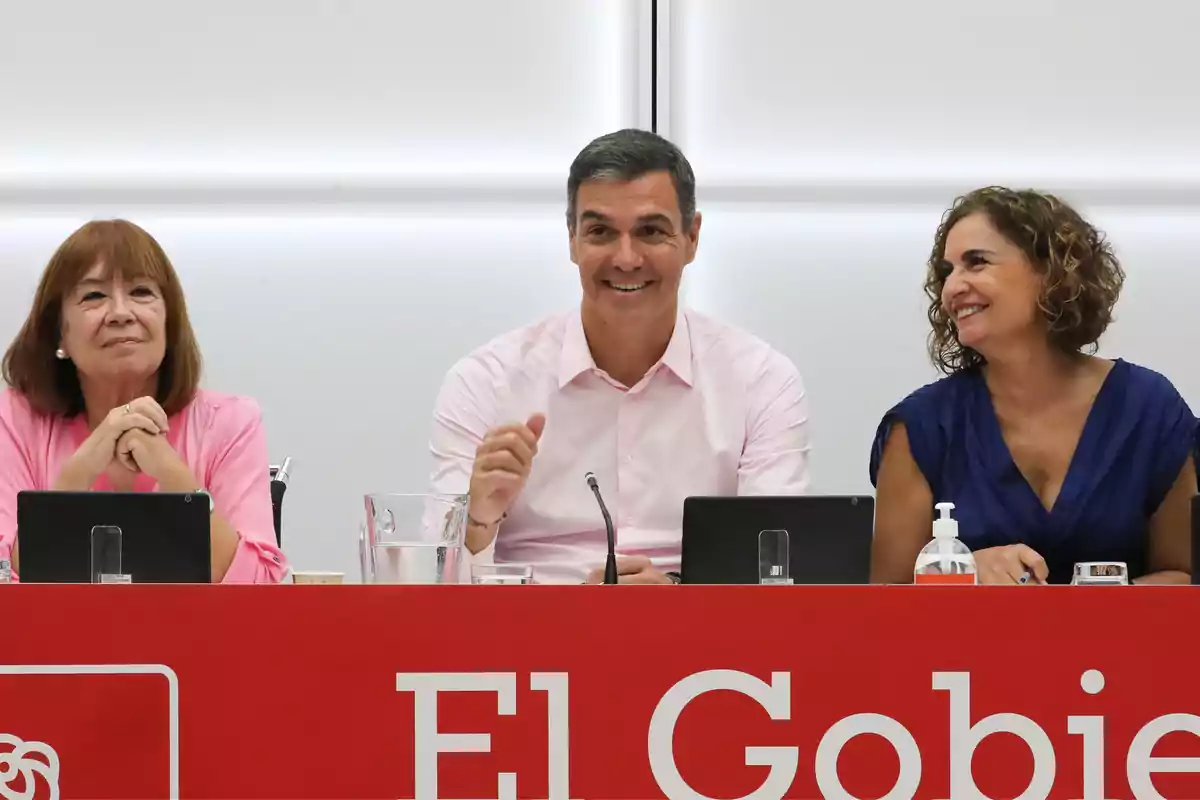
In the April 2019 general elections, she headed PSOE's Senate list for Madrid. She was the most voted candidate in her constituency. She was later elected first vice president of the Senate and member of the Permanent Deputation.
After the July 23, 2023 elections, she returned to the Congress of Deputies, this time as the lead candidate for Madrid. In the current legislature, she is a member of the Ecological Transition and Demographic Challenge Committee and the Foreign Affairs Committee.
Current Duties After Cerdán's Resignation
With Santos Cerdán's departure, the Executive Committee has chosen to avoid an immediate appointment. It has distributed organizational duties among four party leaders. Narbona, as PSOE's president, takes on a role in this collegiate structure, which will be responsible for internal coordination and day-to-day management until the Federal Committee on July 5, when the organizational leadership is expected to be restructured.
This formula isn't explicitly provided for in the party's statutes. However, it falls within the powers of the Federal Executive Committee, which can provisionally organize its functioning until a deliberative body is convened.
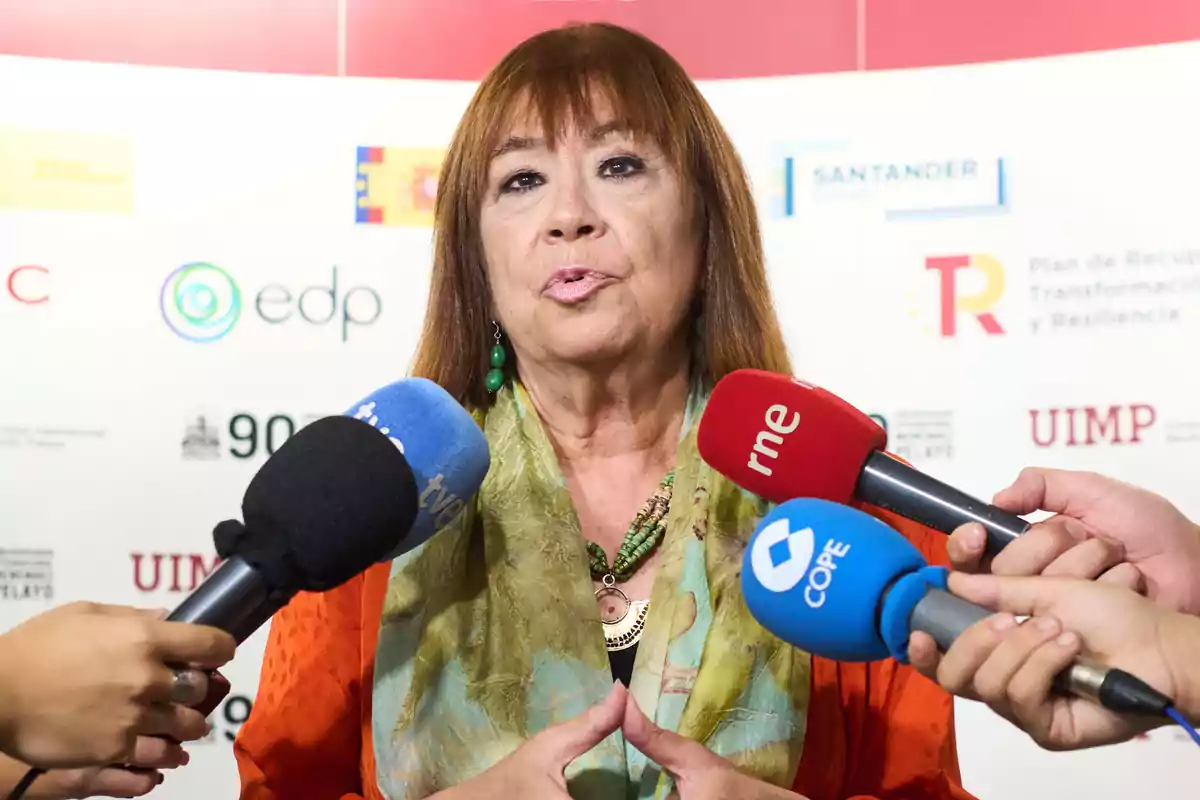
Santos Cerdán's resignation came after the publication of a journalistic investigation linking his circle to the awarding of public contracts in exchange for commissions.
The responsibility Narbona now assumes in this provisional phase doesn't imply, at least for now, a redefinition of her role within the party. Her presidency remains institutional in nature, and her integration into this team responds to organizational criteria agreed upon by the Executive Committee.
The Federal Committee on July 5 will be the forum where new appointments, possible changes in the Executive Committee's structure, and the party's roadmap for the coming months will be defined.
More posts: